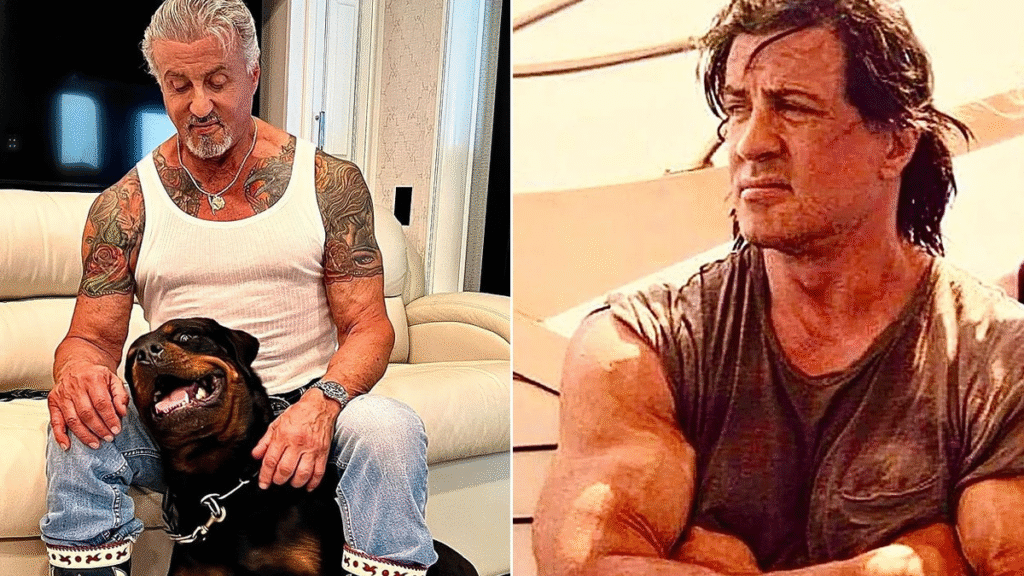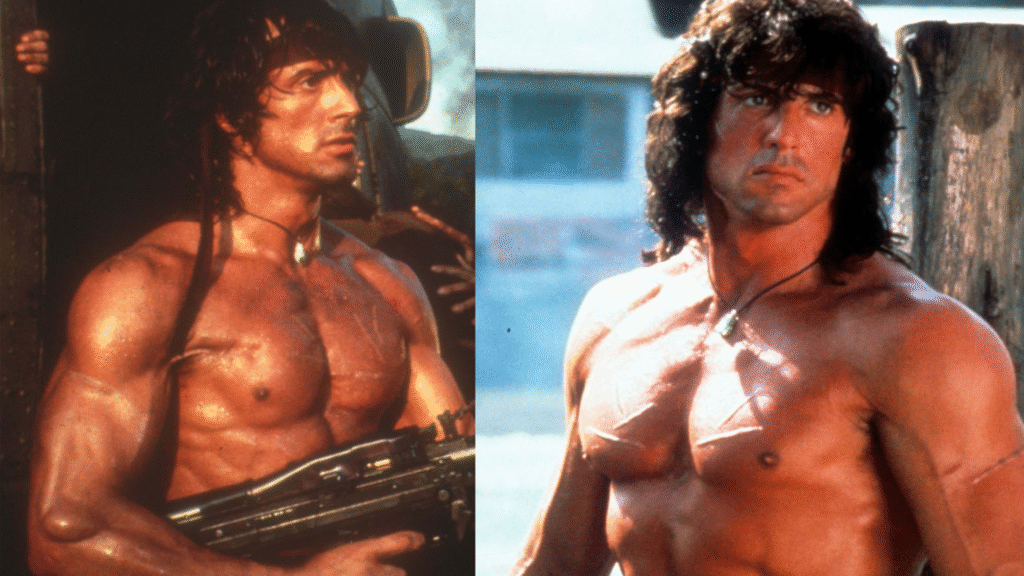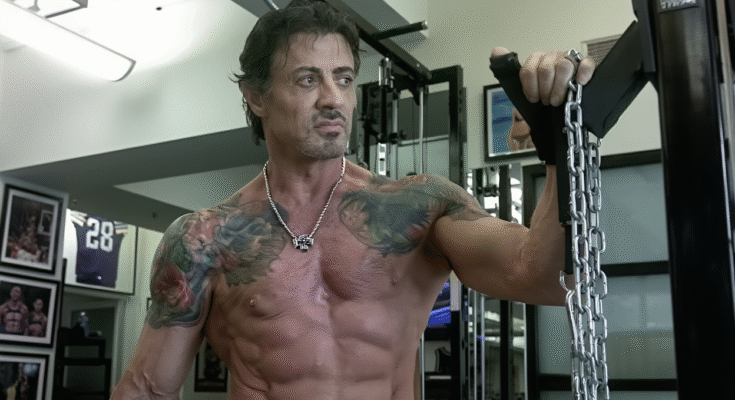In 2007, Hollywood icon Sylvester Stallone found himself in legal trouble when he pleaded guilty to illegally importing 48 vials of a banned human growth hormone into Australia. The case, which drew intense international media coverage, momentarily overshadowed his illustrious film career. According to Reuters, Stallone admitted to bringing the substances into the country but insisted that his actions were not driven by criminal intent.

Stallone told authorities that the hormones had been prescribed under the supervision of licensed doctors to address a specific medical condition. He explained that the treatment was part of a legitimate health regimen, not a means of enhancing his physique or performance. “It was strictly for medical purposes,” he said, emphasizing that he had misunderstood the country’s customs regulations.
The actor, best known for his roles in Rocky and Rambo, maintained that he had not been aware the drugs were prohibited under Australian law. “I didn’t intend to break any rules,” Stallone reportedly told the court. His legal representatives reiterated that there had been no deliberate wrongdoing, only a misunderstanding about the legality of transporting the medication.

Following the guilty plea, Stallone was fined and issued a formal warning by the Australian authorities. The incident served as a reminder of the country’s strict biosecurity and pharmaceutical import regulations. Despite the controversy, the actor handled the case with composure, publicly accepting responsibility and expressing regret for the oversight.
Observers noted that Stallone’s response was measured and transparent, avoiding the defiant tone often associated with celebrity legal cases. He cooperated fully with investigators and quickly resolved the matter without any extended court battle. His willingness to acknowledge the error helped limit the long-term damage to his reputation.
The controversy, however, reignited persistent rumors about Stallone’s alleged use of performance-enhancing drugs throughout his career. For decades, speculation had circulated in Hollywood about how the then-sixty-year-old actor maintained such a muscular physique well into his later years. Critics suggested that his training methods were not entirely natural.

Adding to the scrutiny, Stallone’s former girlfriend, Janice Dickinson, claimed publicly that she had witnessed him using steroids, saying she had seen him “juice.” The statement fueled tabloid headlines and renewed public debate about the star’s physical transformation during his later film projects.
Stallone swiftly and firmly denied Dickinson’s allegations, calling them “false and defamatory.” He stated that any medical treatments he underwent were legal and physician-directed, not the illicit steroid use implied by such accusations. His legal team dismissed the claims as unfounded attempts to damage his credibility.
For Stallone, the experience was another lesson in navigating fame’s double-edged sword. His physical fitness and enduring vitality—once sources of admiration—had become subjects of controversy. The actor lamented that his dedication to health and discipline was often misinterpreted as artificial or unethical.

In interviews following the incident, Stallone reflected on how easily public perception can shift. “When you’re in the public eye, every action is magnified,” he said. “People can take one mistake or one rumor and turn it into a story that defines you.” His remarks struck a chord with fans who viewed him as a figure of resilience and accountability.
Ultimately, the 2007 case became a brief but telling chapter in Stallone’s storied career. It highlighted both the vulnerability of celebrity figures and the scrutiny that follows those who embody physical perfection on screen. Though the scandal faded, it remains a cautionary footnote in the life of an actor whose discipline and drive—whether questioned or praised—have become legendary.




